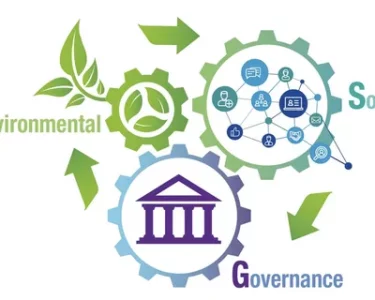In a disconcerting trend that aligns with scientific predictions, the world is witnessing a disturbing surge in the frequency of extreme weather events, serving as a grim reminder of the ongoing impact of climate change. From devastating hurricanes to scorching heatwaves, floods, and wildfires, our planet is enduring an intensifying onslaught of natural disasters that demand urgent attention.
Over the past decade, numerous regions across the globe have experienced an alarming rise in extreme weather events. Unprecedented hurricanes have pounded coastal areas, causing immense destruction and loss of life. Heatwaves, once considered sporadic occurrences, now suffocate communities, shatter temperature records, and pose severe health risks. Torrential rains and floods have become distressingly commonplace, leading to extensive property damage, displacement, and even casualties. And the infernos of wildfires have consumed vast stretches of land, obliterating ecosystems and posing a dire threat to both rural and urban communities.
Scientists and climate experts have long warned about the consequences of global warming, and the increased frequency and intensity of extreme weather events are among the most tangible manifestations of these predictions. Rising greenhouse gas emissions, predominantly driven by human activities, have disrupted the delicate balance of our planet’s climate systems, leading to a cascade of destructive weather patterns.
It is crucial to recognize that these events disproportionately affect vulnerable populations and exacerbate existing social and economic inequalities. Marginalized communities, often residing in areas prone to environmental hazards, bear the brunt of these disasters, facing the dire consequences without adequate resources or support.
To combat this escalating crisis, concerted global action is imperative. Governments, organizations, and individuals must prioritize the implementation of comprehensive climate change mitigation and adaptation measures. Transitioning to renewable energy sources, curbing emissions, and enhancing resilience to withstand future extreme weather events are critical steps in this collective endeavor.
Moreover, proactive journalism plays a pivotal role in addressing the climate crisis. Journalists must maintain their commitment to accuracy, unbiased reporting, and investigative rigor. Robust fact-checking and verification techniques are essential in an era plagued by misinformation and climate change denial. Equally important is amplifying the voices of affected communities, sharing their stories, and shedding light on the social and economic implications of extreme weather events.
As the frequency of these events escalates, so too does the urgency for humanity to confront the consequences of climate change. It is our collective responsibility to rise to the challenge, preserve our planet’s fragile ecosystems, and safeguard the well-being of present and future generations. Failure to act now would risk irreversible damage and an even bleaker future for our planet and its inhabitants.
The rise in extreme weather events, fueled by climate change, demands a concerted global response. As our planet bears witness to the intensified wrath of hurricanes, heatwaves, floods, and wildfires, the urgency to address this crisis cannot be overstated.
Climate change is not an isolated issue that affects only a handful of countries. It is a shared challenge that demands collaboration and cooperation at the global level. The repercussions of extreme weather events reverberate far beyond the communities directly impacted, transcending borders and affecting economies, food security, and public health worldwide.
In an era where nationalism and geopolitical tensions often dominate the headlines, climate change offers an opportunity for countries to unite in pursuit of a common cause. It necessitates setting aside differences and working together to mitigate greenhouse gas emissions, develop resilient infrastructure, and prioritize adaptation strategies.
Developed nations bear a particular responsibility to lead by example and provide support to vulnerable countries that are disproportionately affected by extreme




